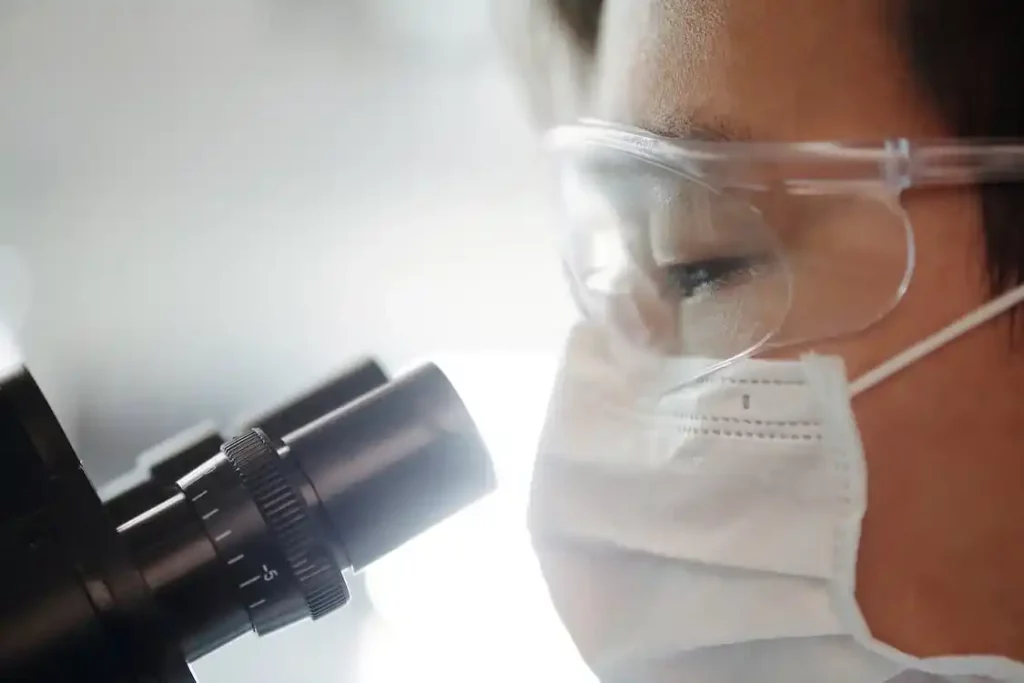
Researchers discovered 15 particles of the contaminants per gram of vein tissue in the first study of its kind.
Microplastics have been found for the first time in human vein tissue, a team of researchers from the University of Hull revealed last week. Five distinct types of microplastic were discovered in samples taken from the saphenous (leg) veins of patients undergoing heart bypass surgery.
“We were surprised to find them,” Professor Jeanette Rotchell said in a press release accompanying the paper’s publication in the journal PLoS One. “We already know microplastics are in blood…but it was not clear whether they could cross blood vessels into vascular tissue and this work would suggest they can do just that.”
The UK-based researchers found an average concentration of 15 particles of plastic per gram of vein tissue, similar to or higher than the levels found in lung and colon tissue, but observed that the shape and types of plastic found in the vascular tissue was markedly different from other tissue types.
“These first human tissue analyses suggest that the distribution of the microplastics’ predominant types may be tissue-specific,” Rotchell observed.
The most common types of plastic found in the samples include alkyd resin, which is found in synthetic paints and varnishes; polyvinyl acetate, an adhesive used in food packaging and shipping; nylon, and EVOH-EVA, used for food packaging and watertight lamination.
While Rotchell stressed that “we don’t yet know the implications of this on human health,” she acknowledged that microplastics had been shown to cause “inflammation and stress responses” in laboratory settings.
Co-author Professor Mahmoud Loubani added that the presence of the microplastics might contribute to the failure of coronary artery bypass surgery involving grafts from the saphenous veins, suggesting the contaminants “may well play a role in damaging the inside of the vein leading to it becoming blocked with the passage of time.” Removing the microplastics was a possibility, he said in the press release.
The team has previously discovered the ubiquitous pollutants in blood and lung tissue, as well as in surgical operating theaters. By some estimates, 15 tons of plastic waste enters Earth’s oceans every minute, breaking down into smaller particles and entering the body through the food chain and through the air people breathe.
Image credit: Edward Jenner
What about the nano-tech causing the ‘mysterious’ and ‘unexplained’ blood clots?
Oh this is funny! Micro plastics huh? So THATS how they are covering up the fibrous clots!
What’s the bet unvaccinated people don’t have these micro plastics in their blood.